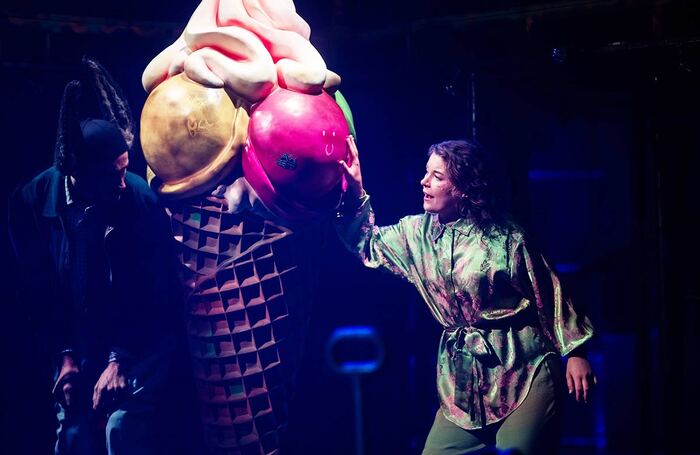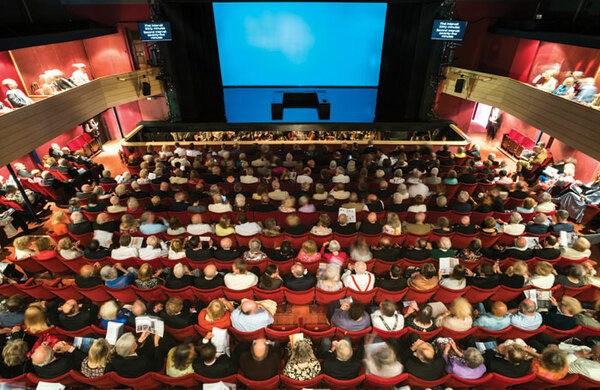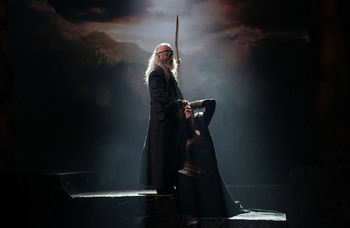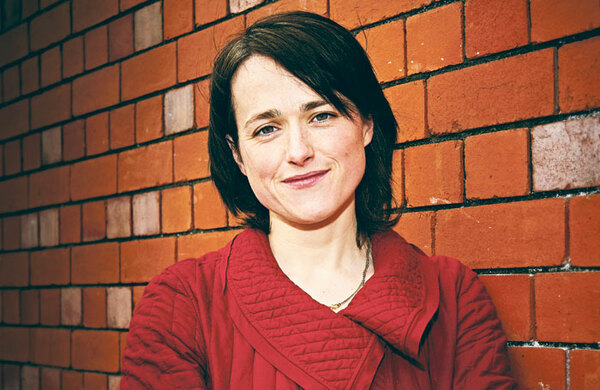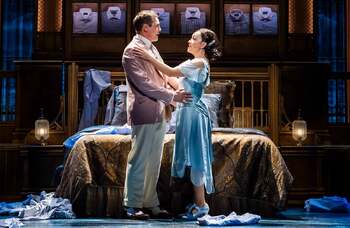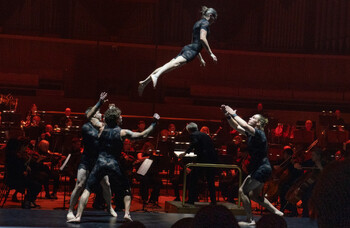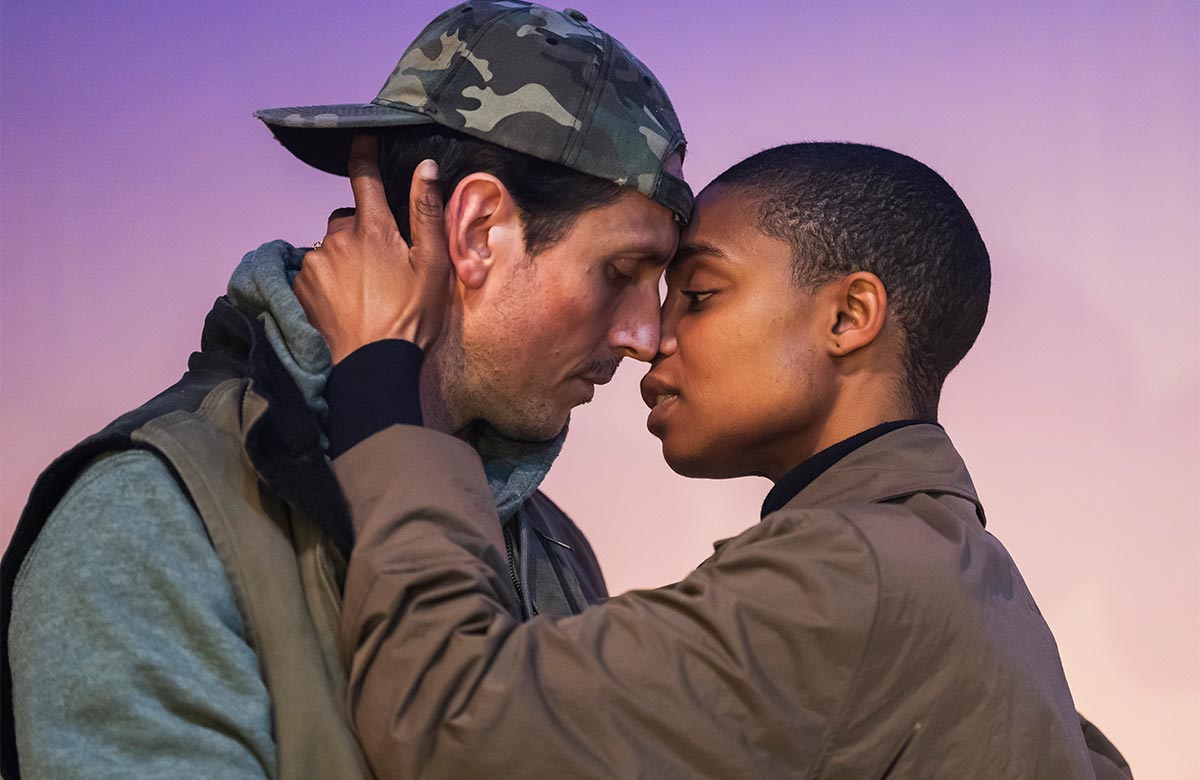The Fairy Queen review
Clever, well-performed and entertaining new take on Purcell’s Shakespeare-based opera
If performances of Henry Purcell’s 1692 semi-opera – effectively an updated and edited version of A Midsummer Night’s Dream, with musical inserts – are still pretty rare, it hasn’t helped that the score was lost after the composer’s death and restored only early last century. By the time Gustav Holst (composer of The Planets) directed a performance given by his Morley College students of the newly published score in 1911, composers from Mozart to Verdi and Puccini to Wagner had fully developed the through-sung Italian-style opera type of which London audiences in Purcell’s time had been stubbornly dismissive.
This new production by Polly Graham (Longborough’s artistic director since 2018) is a triumph in many ways and may help give the piece a stronger foothold in the repertoire. Graham reverts to an edited version of Shakespeare’s original text (rather than employing Thomas Betterton’s update for Purcell), but sets the action in the present, starkly contrasting old and new.
The fairy realm of the wood is a disused amusement park occupied by festival revellers. It remains a world of fantasy, a possibly trippy vision of recreational abandon, peppered with kitsch pleasure props: an oversized plastic ice-cream cone, a huge gliding pedalo shaped like a swan. A similar meeting of disparate worlds is realised in a new approach to the score under co-music directors Harry Sever and Naomi Burrell, who incorporate folk-tune arrangements, adding a delicate accordion, as well as drum, tambourine and shakers to the instrumental colouring – an effect that underlines a connection to nature. Adding a further layer of movement direction (as well as an artistic challenge), the musicians often mount the stage from the pit, not only wafting their ear-beguiling magic but also assuming a semi-physical presence by responding to – even somehow leading – the cast, in the way of ‘invisible’ Noh theatre stagehands or kabuki puppeteers.
There’s a healthy dose of gender-inverting: Egeus (who has promised his daughter Hermia to Demetrius), as well as three of the Mechanicals (Flute, Snug and Quince), are played by women, and two of the fairies by men. Add to this the appearance of environmental activists (one of the areas in which the youth chorus is prominent), the hilariously ill-rehearsed play Pyramus and Thisbe by the Mechanicals, and the presentation of the haymakers Corydon and Mopsa as grotesque puppets, and you could hardly wish for more.
The show is sprinkled with other such delights, large and small. The ensemble cast acts and sings engagingly and with unflagging commitment. Just as confusion finally turns to clear-sighted resolution at the end of the dream, so this production casts a web of novel ideas – but without losing sight of the elements of entertainment and spectacle.
More Reviews
More Reviews
Recommended for you
Most Read
Across The Stage this weekYour subscription helps ensure our journalism can continue
Invest in The Stage today with a subscription starting at just £7.99
